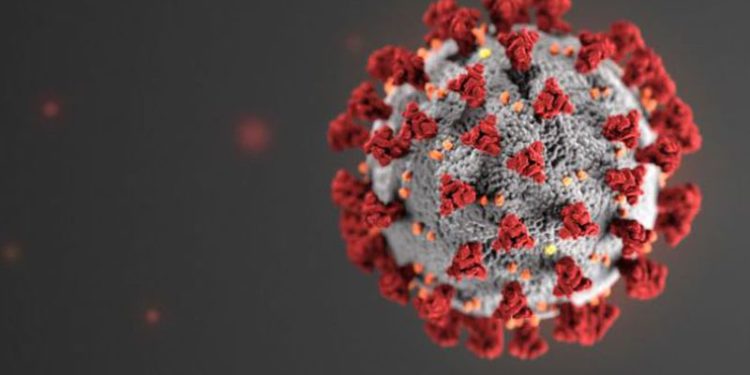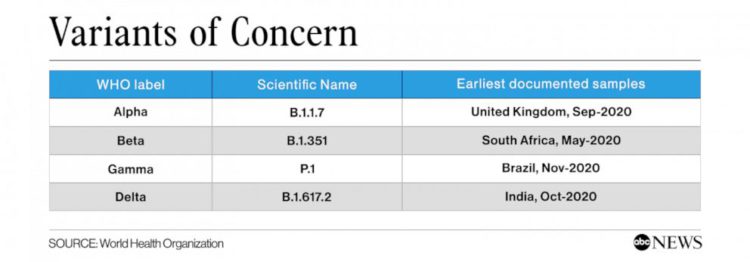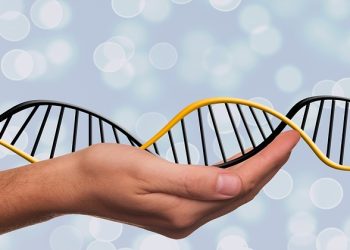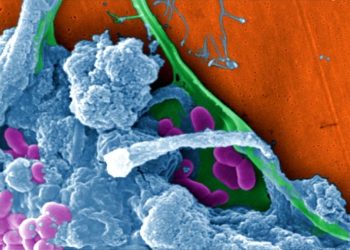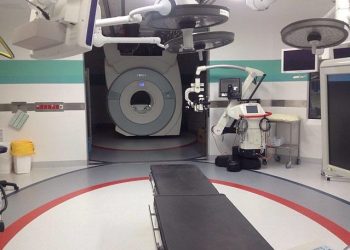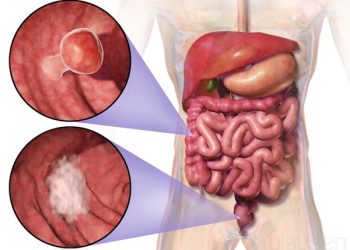The slow spread of the new strain of Covid-19 is beginning to cause concern among disease experts and world leaders alike. Noticing it’s severity, President Biden came out with a tweet cautioning the public while also making an appeal for vaccination.
Folks, the Delta variant — a highly infectious COVID-19 strain — is spreading rapidly among young people between 12 and 20 years old in the U.K. If you’re young and haven’t gotten your shot yet, it really is time. Its the best way to protect yourself and those you love.
— President Biden (@POTUS) June 8, 2021
The Delta variant, also known as B.1.617.2, was originally detected in India in December 2020, according to the Centers for Disease Control and Prevention (CDC). It’s actually a mutation or sub-variant of the ‘double mutant strain’ B.1.617, that wreaked much havoc in India during April and May 21.
The new variant from India is called the Delta because the World Health Organisation (WHO) has introduced a new naming system, using the Greek alphabet, for coronavirus variants of concern.
WHO has said this was done to simplify public discussions and also to help remove stigma from the names. The first one, B.1.1.7, was named Alpha and the variants detected in South Africa (B.1.351) and Brazil (P.1) are now called Beta and Gamma respectively. The strains found in the US are named ‘Epsilon’ and ‘Iota’.
(Image source: WHO| ABC News)
William Schaffner, MD, an infectious disease specialist and professor at the Vanderbilt University School of Medicine, told Health.com that the variant has the potential to at least partially evade the protection of the vaccine.
He compared Delta to B.1.351 (now called Beta), which was originally detected in South Africa. “There is a chance that this can make you sick, even if you’re been vaccinated,” Dr. Schaffner said.
The Delta variant has several mutations on the spike protein of SARS-CoV-2, which can help it spread more easily than other forms of the virus. The CDC specifically says that this variant has a ‘potential reduction’ in the effectiveness of the COVID-19 vaccine, and a ‘potential reduction’ in the ability of some monoclonal antibody treatments to work against the virus.
What are the symptoms of the Delta variant?
“There’s not a lot of data on this just yet,” said John Sellick, DO, an infectious disease expert and professor of medicine at the University at Buffalo/SUNY speaking to Health.com. He has asked people to keep an eye out for the usual COVID-19 symptoms, including:
- Fever or chills
- Cough
- Shortness of breath or difficulty breathing
- Fatigue
- Muscle or body aches
- Headache
- New loss of taste or smell
- Sore throat
- Congestion or runny nose
- Nausea or vomiting
- Diarrhea
Will the vaccines protect against the Delta variant?
A study carried out by scientists of INSACOG (the consortium of labs undertaking genome sequencing in India) and National Centre for Disease Control (NCDC) in India says that it was the Delta variant that led to several infections even among vaccinated individuals. “B.1.617.2 was over-represented and B.1.1.7 was not even detected in vaccination breakthroughs, suggesting higher breakthrough risk of B.1.617.2 compared to B.1.1.7.” says the study.
“How much less protective the COVID-19 vaccines are against Delta in the real world isn’t clear at this point,” says Dr. Schaffner. “Even if this variant can partially evade protection of the vaccine, the more people who are vaccinated, the less apt this is to spread.”
The Delta variant is surely a matter of concern, feels Eric Topol, MD, founder of the Scripps Research Translational Institute.
The good news is that we have vaccines that can protect from all the variants that have emerged to date.
The bad news Is delta, the worst we’ve seen so far.
With latest updates from @PHE_uk and @TheLancet pic.twitter.com/XnEaIojvn7— Eric Topol (@EricTopol) June 6, 2021
There is no reason feel despondent, says Nature.com, because the present vaccines neutralizes both the B.1.617.2 (or delta) variant and the B.1.525.
A Nature paper reports that sera elicited by the Pfizer–BioNTech COVID-19 vaccine neutralize new SARS-CoV-2 variants — including the B.1.617.2 (or delta) variant that was first identified in India and the B.1.525 variant (first identified in Nigeria). https://t.co/HfcNeETHMl pic.twitter.com/SwfRdu8aB4
— nature (@Nature) June 10, 2021
The World Health Organization (WHO) has categorised Delta variant as a variant of concern (VOC) and has said that it continues to observe ‘significantly increased transmissibility’ and a ‘growing number of countries reporting outbreaks associated with this variant’.
